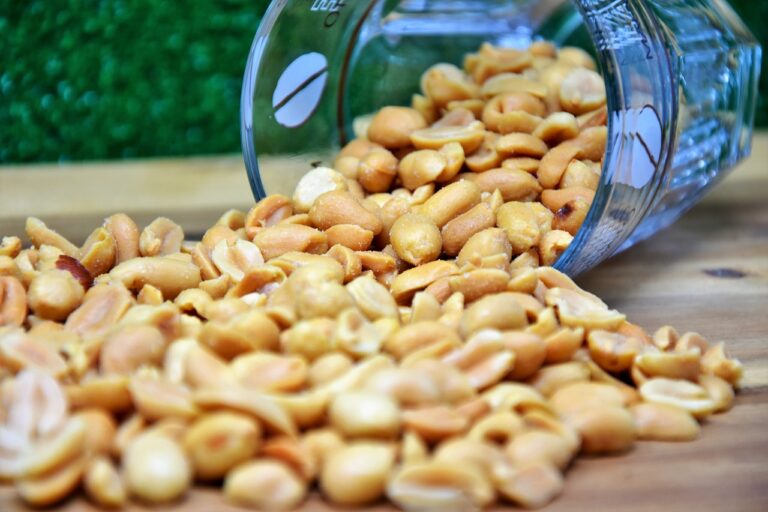Kombucha and Sustainable Agriculture: Supporting Farmers Who Prioritize Environmental Stewardship
sky247, diamondexch9, tigerexch247: Kombucha and Sustainable Agriculture: Supporting Farmers Who Prioritize Environmental Stewardship
In recent years, there has been a growing movement towards sustainable agriculture and supporting farmers who prioritize environmental stewardship. One industry that has been at the forefront of this trend is the kombucha industry. Kombucha, a fermented tea beverage that has become increasingly popular for its health benefits, is the perfect example of how consumer demand can drive positive change in the agricultural sector.
Kombucha is made by fermenting tea with a symbiotic culture of bacteria and yeast, known as a SCOBY. This fermentation process not only creates a delicious and refreshing drink but also provides a range of health benefits, including improved digestion, boosted immunity, and increased energy levels. But what many consumers may not realize is that the quality of the ingredients used to make kombucha can have a significant impact on the health of the environment.
Many kombucha companies are now sourcing their ingredients from farmers who practice sustainable agriculture. These farmers use methods that minimize the use of synthetic pesticides and fertilizers, promote biodiversity, and prioritize soil health. By supporting these farmers, kombucha companies are not only ensuring the quality of their products but also contributing to a more sustainable food system.
One of the key ingredients in kombucha is tea, which is typically sourced from tea plantations around the world. When tea is grown using conventional agricultural practices, it can have a negative impact on the environment, including deforestation, soil degradation, and water pollution. By working with tea farmers who use sustainable methods, kombucha companies can help to mitigate these environmental harms and support the livelihoods of small-scale farmers.
Another important ingredient in kombucha is sugar, which is used to feed the yeast during the fermentation process. Conventional sugar production often involves the use of genetically modified crops and chemical fertilizers, which can have detrimental effects on the environment. By sourcing organic and fair trade sugar, kombucha companies can support farmers who are committed to sustainable agriculture practices and ethical labor standards.
In addition to sourcing sustainable ingredients, many kombucha companies are also taking steps to reduce their own environmental footprint. This includes using eco-friendly packaging, implementing waste reduction initiatives, and supporting renewable energy projects. By prioritizing environmental sustainability in all aspects of their business, these companies are setting a positive example for the food and beverage industry as a whole.
As consumers, we have the power to drive positive change through our purchasing decisions. By choosing to support kombucha companies that prioritize environmental stewardship and sustainable agriculture, we can help to create a more resilient and healthy food system for future generations. So next time you reach for a bottle of kombucha, take a moment to consider the impact of your choice on the environment and choose wisely.
—
Heading 1: The Benefits of Sustainable Agriculture for Kombucha Production
Heading 2: Sourcing Sustainable Ingredients for Kombucha
Heading 3: Tea: A Key Ingredient in Kombucha
Heading 4: Sugar: The Fuel for Fermentation
Heading 5: Supporting Small-Scale Farmers
Heading 6: Reducing Environmental Footprint
—
FAQs
Q: Are all kombucha brands committed to sustainable agriculture?
A: While many kombucha companies are making efforts to prioritize sustainable agriculture, not all brands may adhere to these practices. It’s important to do your research and choose brands that align with your values.
Q: How can I tell if a kombucha brand is sourcing sustainable ingredients?
A: Look for certifications such as organic, fair trade, or Rainforest Alliance. These certifications indicate that the brand is committed to sourcing ingredients in an environmentally and socially responsible manner.
Q: What can I do to support sustainable agriculture in my own community?
A: You can support local farmers markets, join community-supported agriculture (CSA) programs, or start a garden of your own. By buying locally sourced produce and supporting small-scale farmers, you can contribute to a more sustainable food system.







